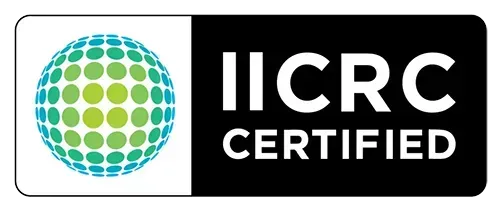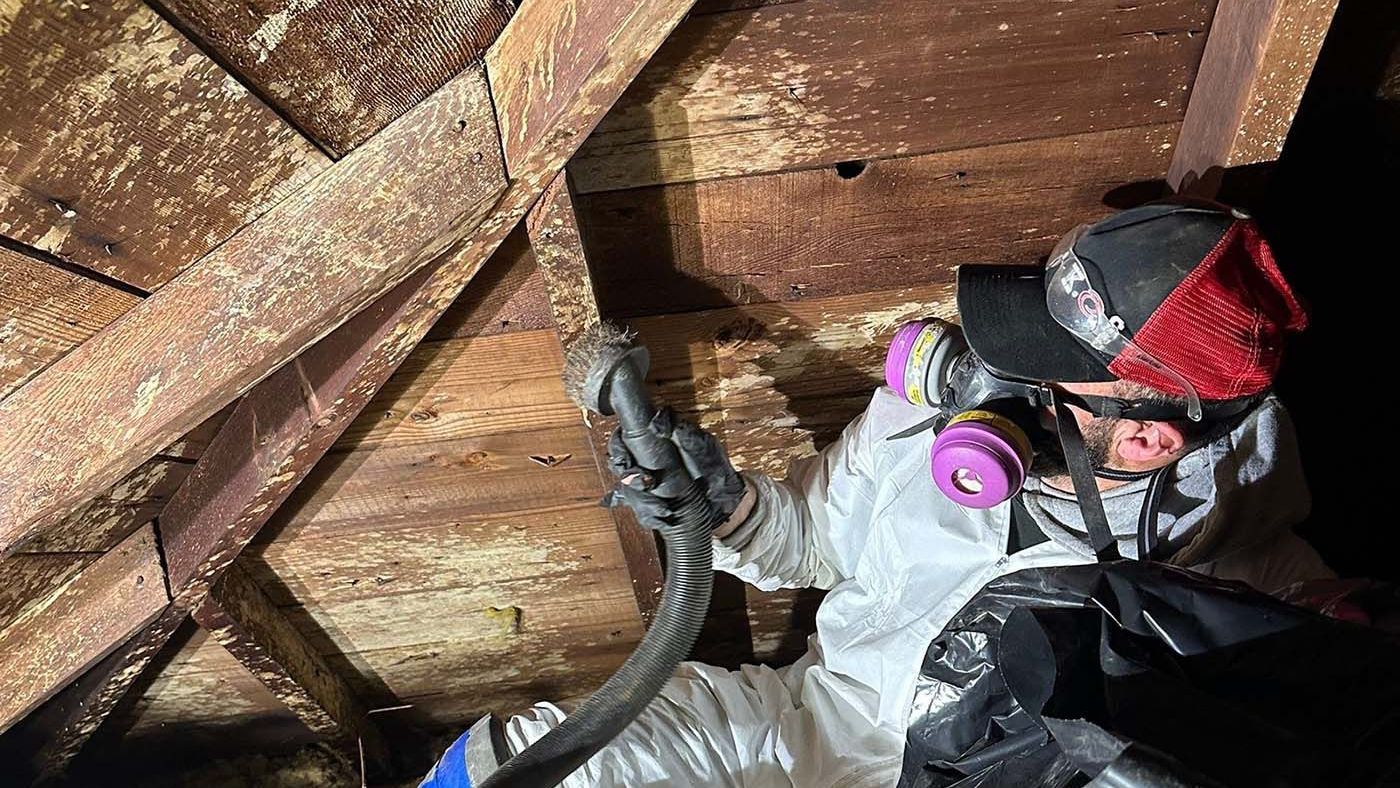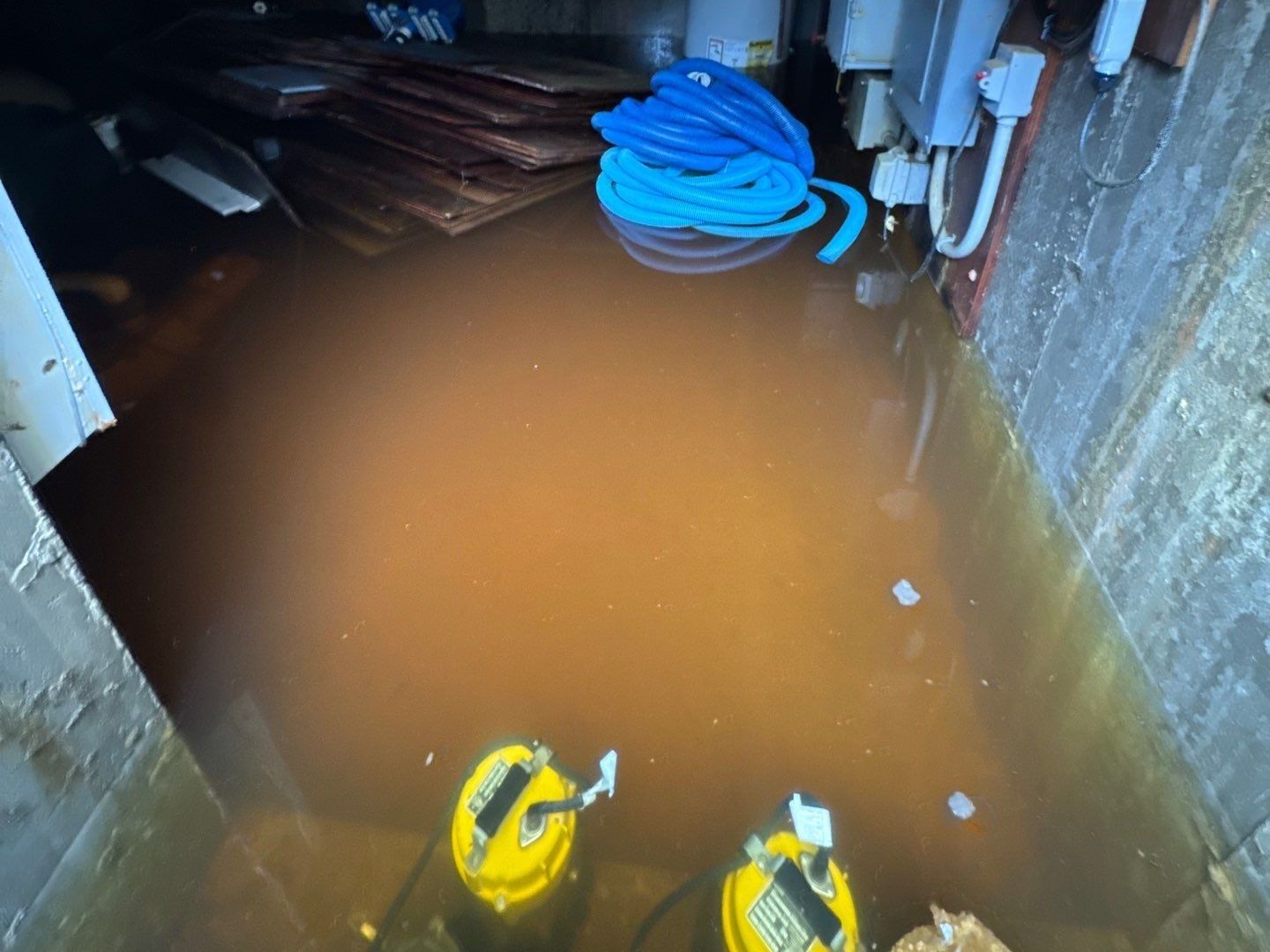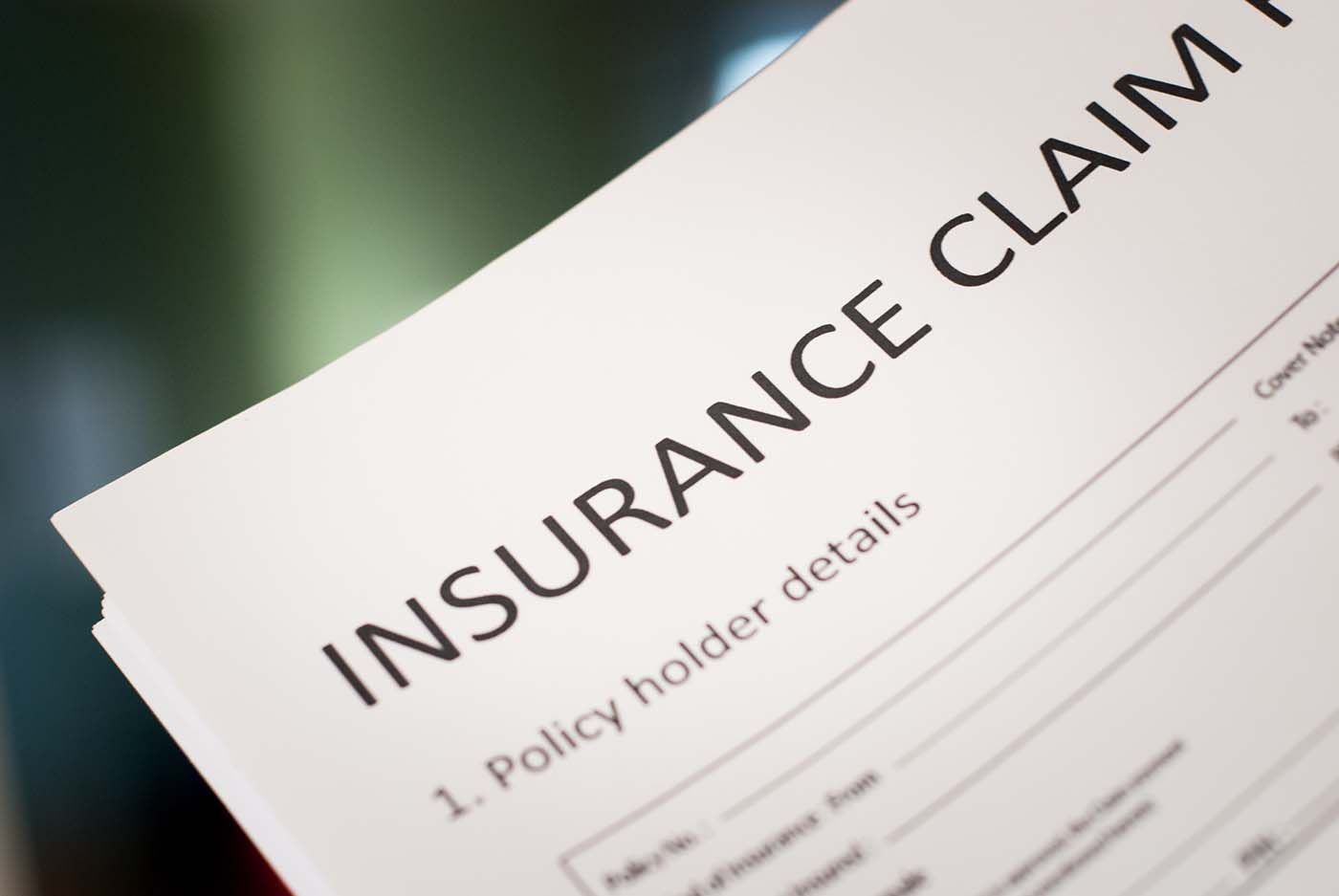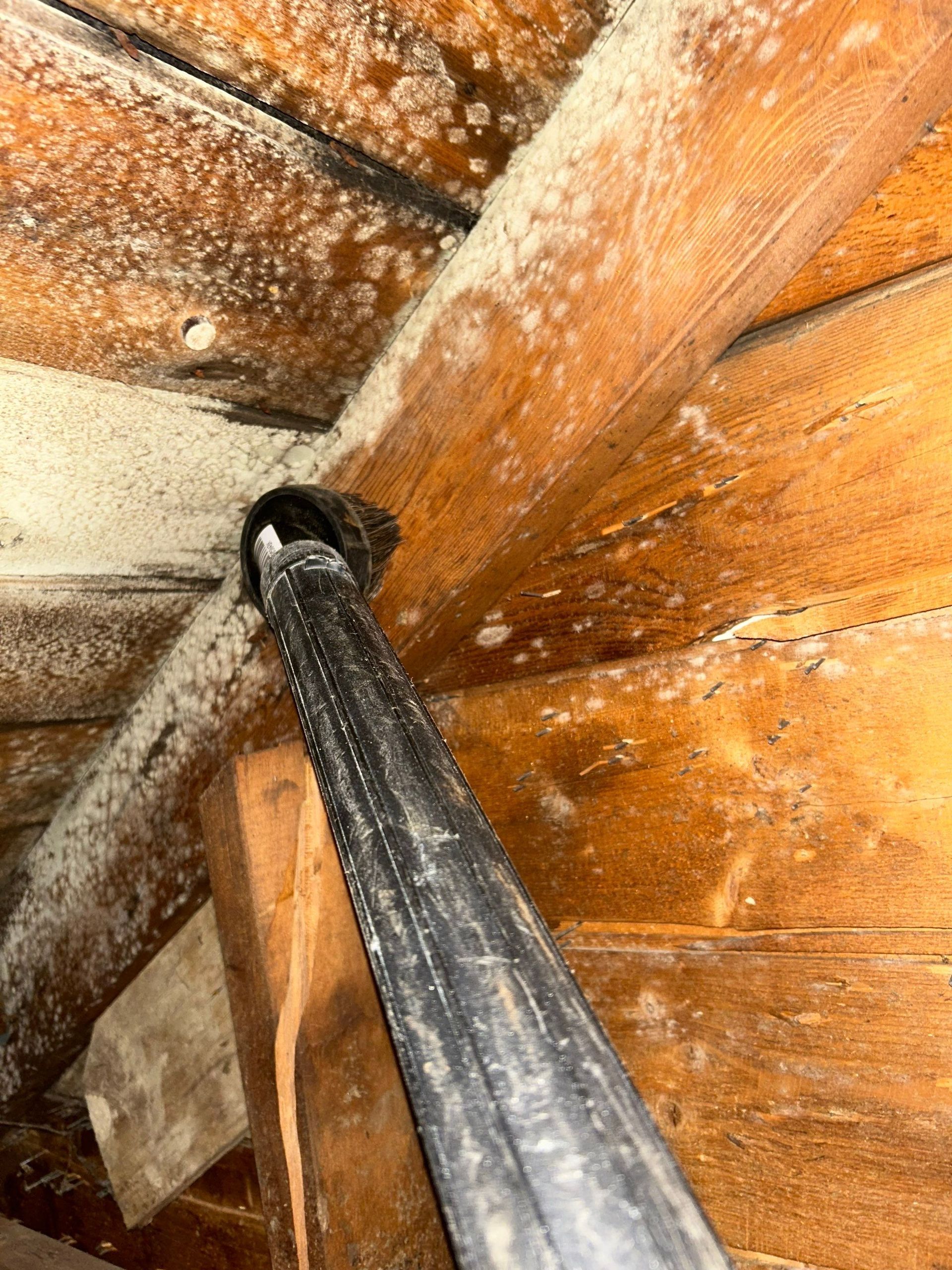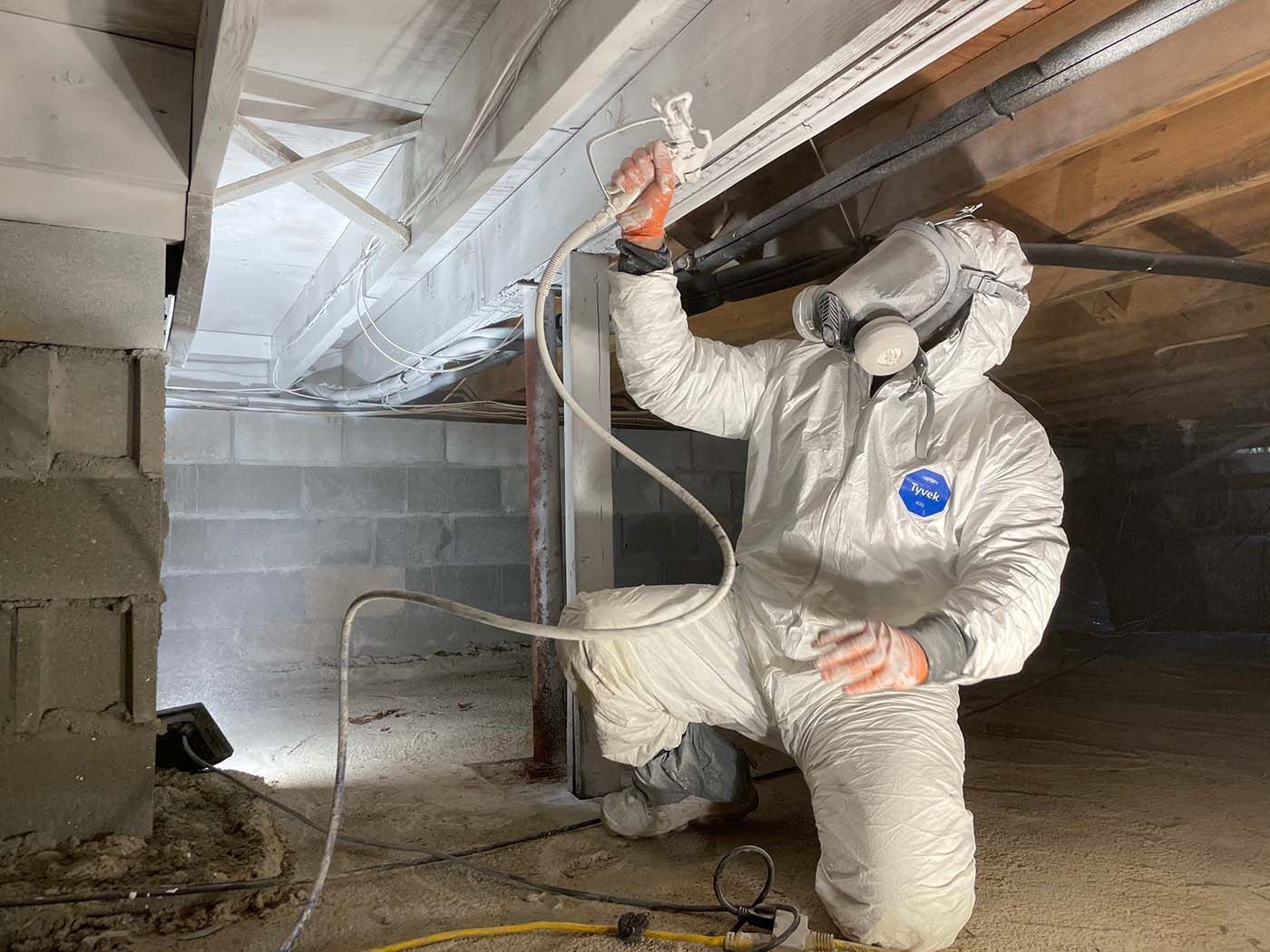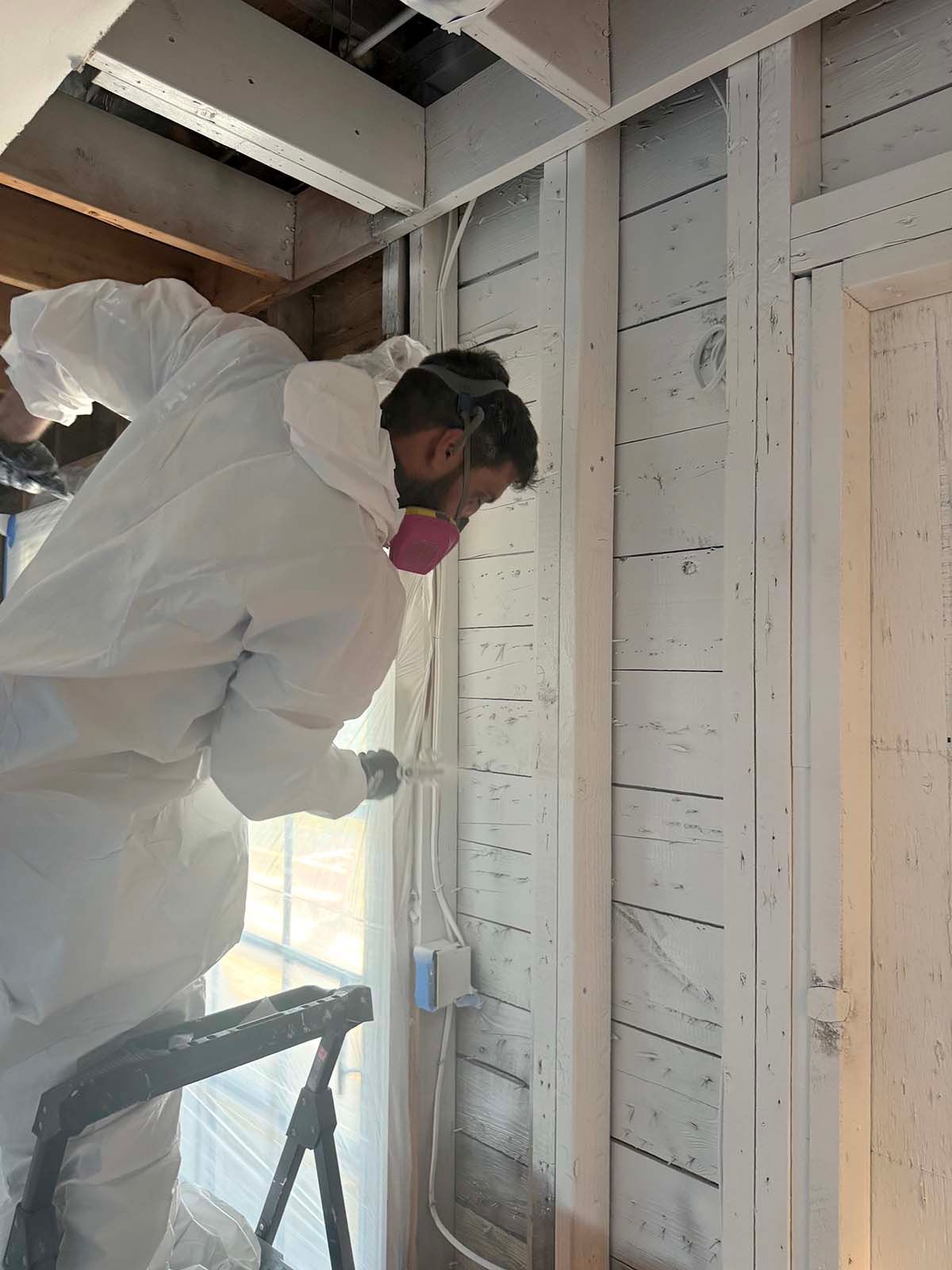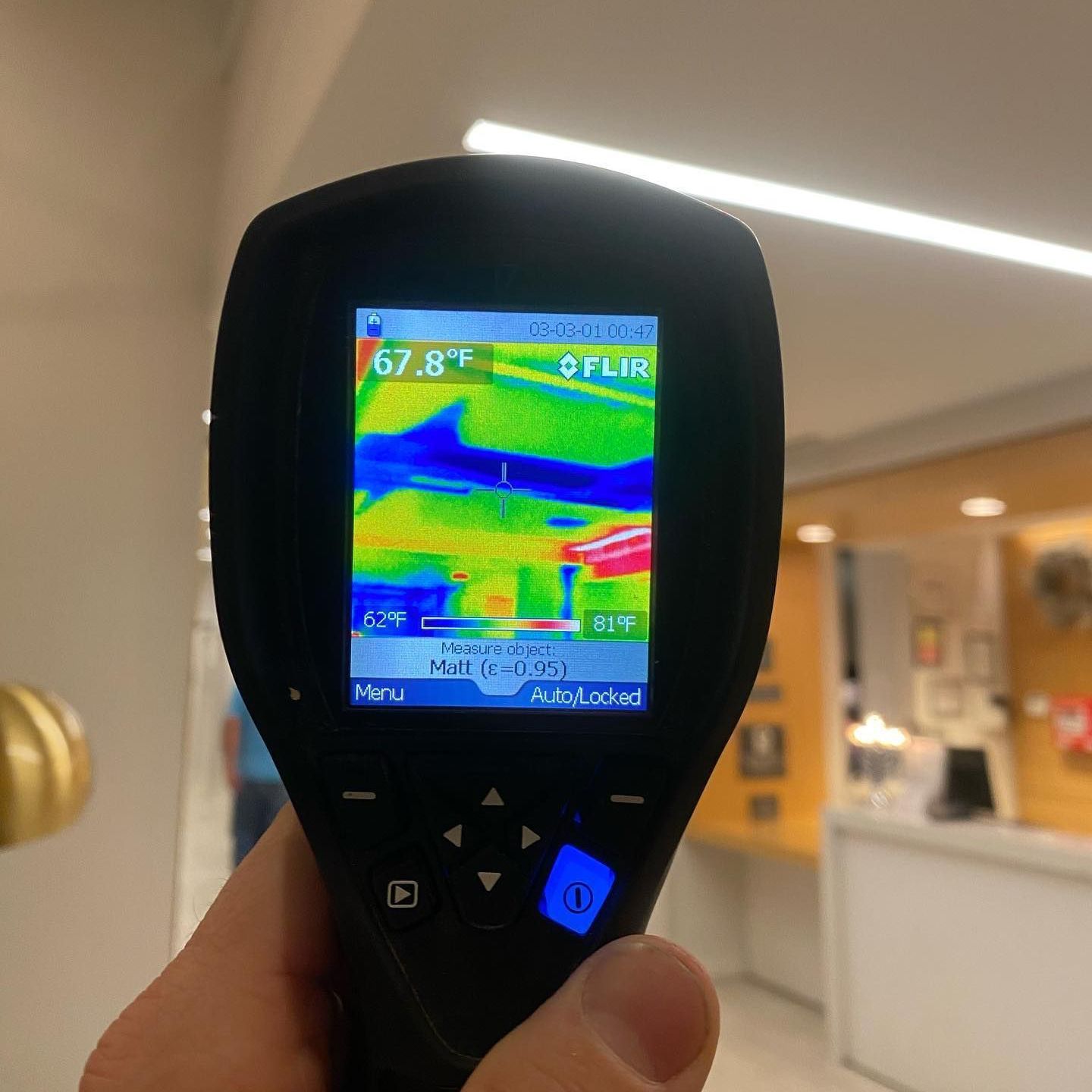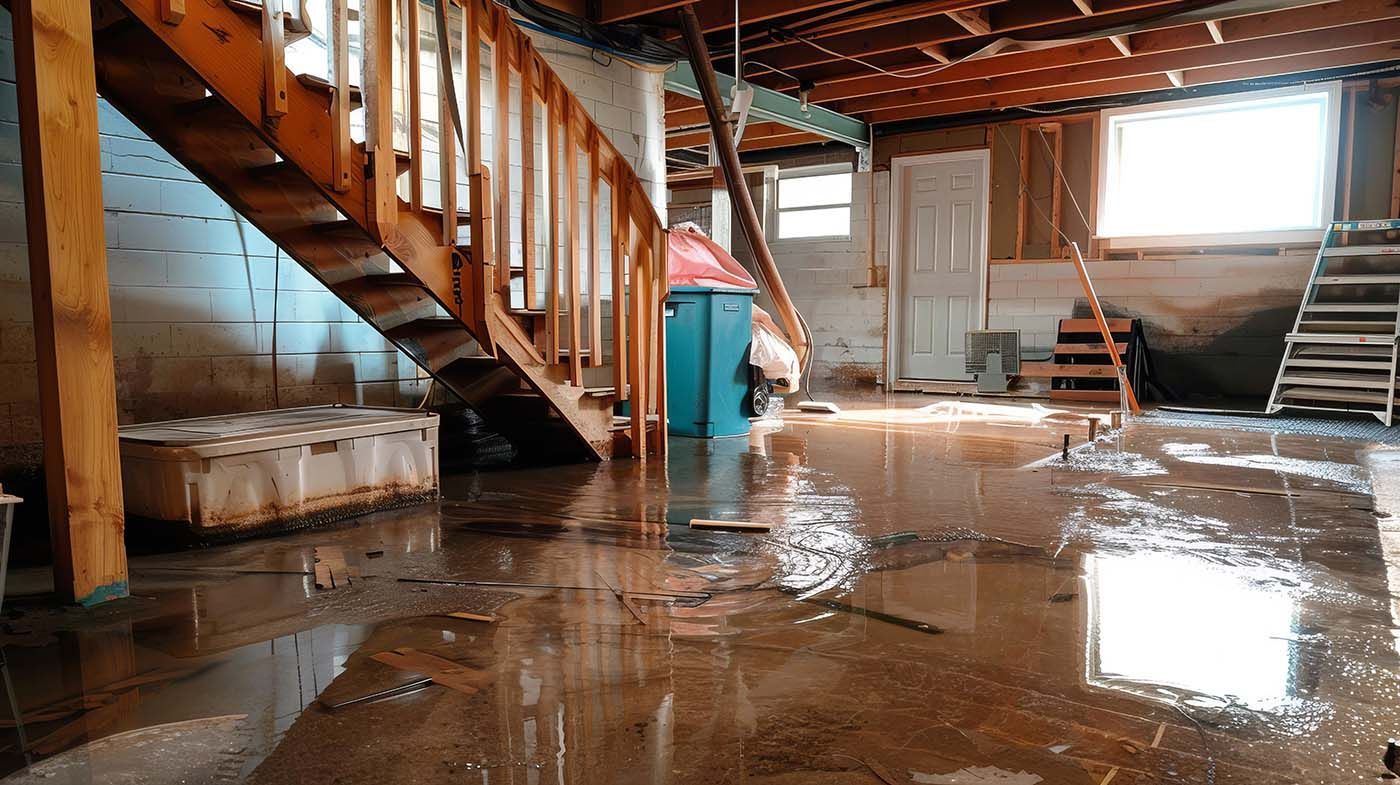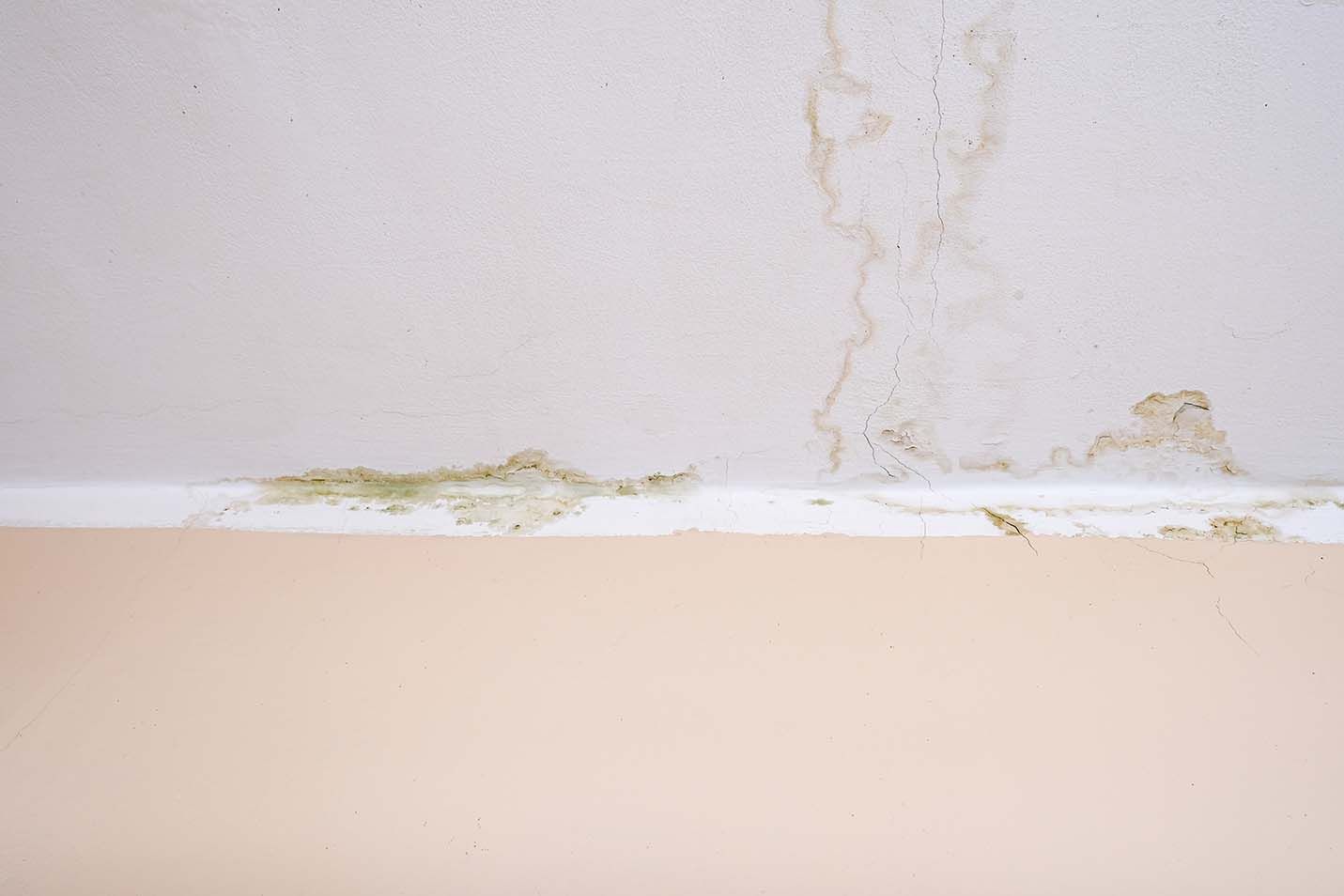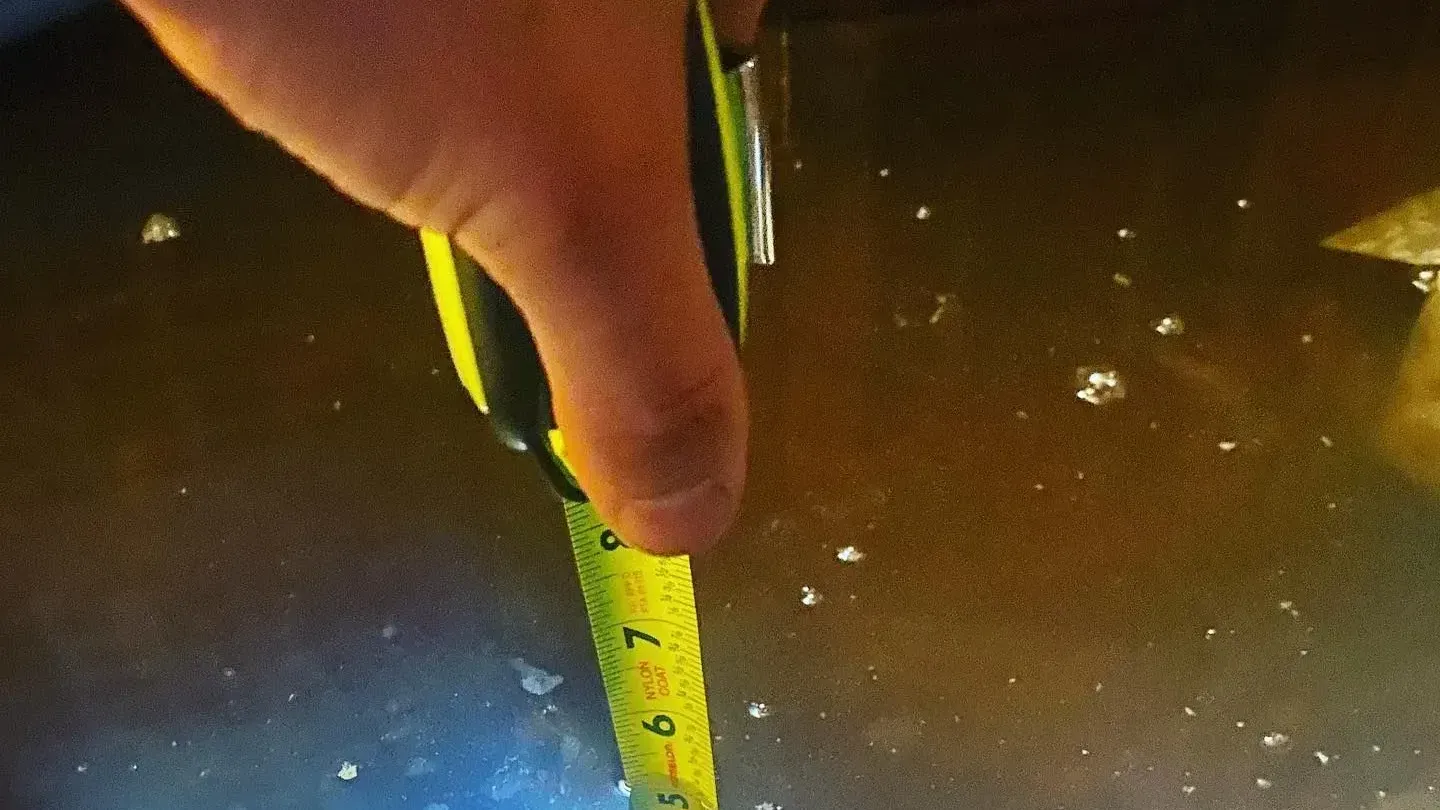When winter arrives on Long Island, plunging temperatures can turn your plumbing system into a ticking time bomb. Frozen water pipes can burst, causing extensive water damage and costly repairs. At K.O.S. Restoration, we specialize in IICRC-certified water damage restoration services, but our goal is to help you avoid the stress and expense of pipe-related disasters.
Here’s a detailed guide on how to prevent your water pipes from freezing this winter, and what to do if the unexpected happens.
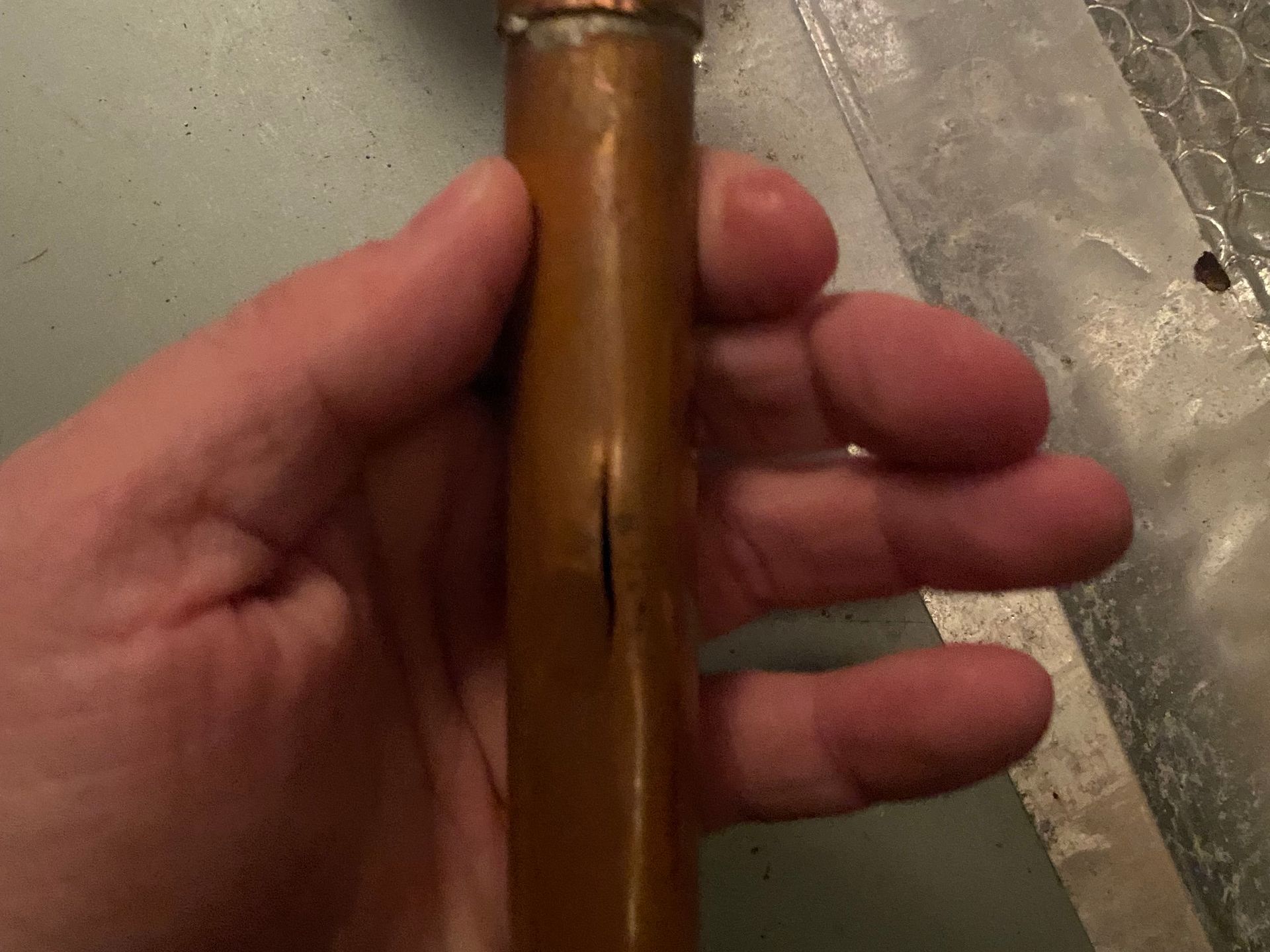
Why Do Pipes Freeze in Winter?
Water expands as it freezes, creating immense pressure inside pipes. On Long Island, where winter temperatures frequently drop below freezing, exposed or poorly insulated pipes are particularly vulnerable. This can lead to cracks, leaks, and even complete bursts that flood your home.
The good news? With proper preparation, you can significantly reduce the risk of frozen pipes.
Top Tips to Prevent Frozen Pipes on Long Island
- Seal Cracks and Holes: Small gaps in your home’s exterior allow freezing air to seep in and chill your pipes. Use caulk or foam insulation to seal cracks in walls, floors, and around windows near plumbing lines.
- Insulate Vulnerable Pipes: Exposed pipes in unheated areas like basements, attics, and crawl spaces are prone to freezing. Wrap them with pipe insulation sleeves or heat tape for added protection. The more insulation, the better.
- Keep Your Home Heated: Maintain a consistent indoor temperature of at least 55°F, even when you’re not home. A cold spell could strike while you're away, and turning off the heat entirely can leave your pipes unprotected.
- Let Faucets Drip: When temperatures plummet, allow your faucets to drip slightly. The running water helps prevent freezing by relieving pressure in the pipes.
- Open Cabinet Doors: Pipes hidden under sinks can benefit from warmer air circulating through your home. Keep cabinet doors open to let heat flow freely to these areas.
- Disconnect Outside Hoses: Leaving garden hoses connected can trap water inside, leading to pipe damage. Drain and store hoses, and turn off outdoor spigots to protect your plumbing.
- Install Heat Tape: Heat tape or cables can be wrapped around pipes to provide warmth during freezing temperatures. Make sure to follow the manufacturer’s instructions carefully.
- Close Crawl Space Vents: Cold air in crawl spaces can rapidly chill pipes. Close any vents that might allow cold air in, and consider insulating the area for extra protection.
Signs Your Pipes May Be Frozen
If you turn on a faucet and only a trickle of water comes out, it’s a warning sign that your pipes may be frozen. You may also notice frost on exposed pipes or strange noises like gurgling or banging.
What to Do If Your Pipes Freeze
Time is critical if you suspect frozen pipes. Here’s what you should do:
- Turn off the water supply: Prevent pressure from building up and worsening the situation.
- Apply heat to the pipe: Use a hair dryer, heating pad, or warm towels to gently thaw the frozen section. Never use open flames or high heat, as they can damage the pipe or cause a fire.
- Call K.O.S. Restoration:
If your pipe bursts, our expert team is ready to respond 24/7. We’ll mitigate water damage, dry your home, and restore affected areas to pre-damage condition.
Why Long Islanders Trust K.O.S. Restoration
At K.O.S. Restoration, we understand how quickly water damage can disrupt your life. That’s why we offer prompt, professional service tailored to the unique needs of Long Island residents.
As IICRC-certified professionals, we specialize in:
- Water extraction and drying
- Mold prevention and remediation
- Structural repairs
- Insurance claim assistance
Don’t Let Frozen Pipes Ruin Your Winter
Protecting your Long Island home from frozen pipes is essential to avoid costly water damage and disruptions to your daily life. By following these tips, you can safeguard your plumbing and enjoy a worry-free winter.
If you do experience water damage from a frozen or burst pipe, K.O.S. Restoration is here to help. Call us 24/7 at (631) 560-8999 for fast, reliable service. Let our top rated team handle the mess so you can get back to what matters most.
What’s the best way to insulate pipes?
Pipe insulation sleeves or foam wraps are effective and affordable. Heat tape can also provide added protection for pipes in extremely cold areas.
Should I let all my faucets drip during a freeze?
No, focus on faucets connected to pipes in unheated or exterior walls, as these are the most at risk.
Can I turn my heat off if I’m going on vacation?
No, always keep your heat set to at least 55°F to prevent freezing. If you’ll be away for an extended period, consider draining your pipes as an extra precaution.
How can I prevent frozen pipes in my new home?
Inspect the home for exposed pipes, seal cracks, and install insulation where necessary. Regular maintenance is key.


